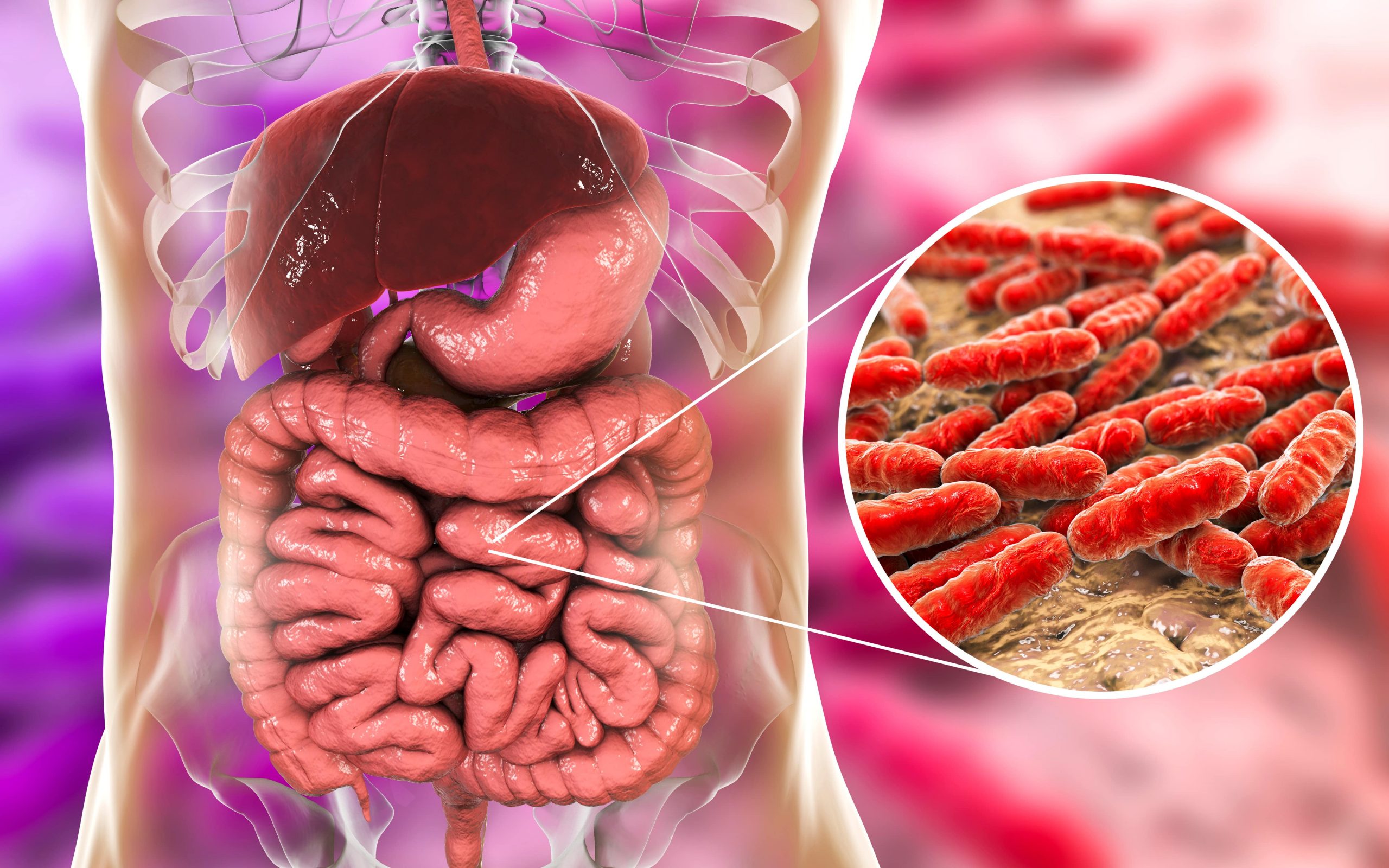The gut microbiome is critical for your health, keeping your heart, cholesterol, and blood sugar levels in check and helping you maintain a healthy weight.
The gut has a combination of bacteria, viruses, and fungi, known as the gut microbiome. These help in digestion and other health aspects, all critical to the body. For instance, they help you keep your weight in check by regulating cholesterol levels, ensuring the heart is healthy. What is the gut microbiome? How can you keep its concentration in check? For these and much more, peer into this article.
Understanding the gut microbiome
The intestines and the skin have one thing in common; they all have microscopic living organisms, collectively known as the microbiome, including viruses, bacteria, and fungi. On the intestines, the microbiome occurs on the cecum, a pocket-like structure of the large intestines. These particular microorganisms are known as the gut microbiome and have important roles in the body. Although they are made up of viruses, fungi, and bacteria, the bacterial components are the most widely studied as they are the majority. In fact, the human body has more bacterial cells (about 4 trillion) than human cells (about 3 trillion). Moreover, there are more than 1,000 bacterial species in the body, hence the great interest in bacteria. The total microbiome weight is about 1-2kg, and the microorganisms function as an organ for the body’s benefit. This article particularly focuses on the gut microbiota and what they have to offer to the body.
The evolution of gut microbiome
Although there are claims that the fetus comes across microbes before birth, there isn’t enough evidence to support this. However, most studies agree that at the point of birth, the newborn interacts with microbes at the mother’s birth canal. Henceforth, the microorganisms become part of the infant, who would never survive without them. The evolution of the microbes and their interaction with the human body have made them more important than ever before. As a person grows, the complexity of the microbiota increases, and they become more diverse, having many different species. In fact, the greater the diversity, the healthier you are. Here are some of the ways in which the gut microbiota is important to the body;
- ; especially by communicating with and controlling the immune cells
- ; like a cow’s milk, the breast milk has sugars whose digestion is aided by the gut microbiota, especially the Bifidobacteria
- studies show that the gut microbiome communicates with the central nervous system, thereby affecting the brain’s functionality
- ; the microbiome helps digest roughage which is important for maintaining weight and keeping cholesterol and blood sugar levels in check
Top benefits of gut microbiota
As brought out previously, the gut microbiome is critical to the body, which would barely survive without these microorganisms. Here are the top benefits of the gut microbiome;
i. It helps keep your weight in check
The gut microbiome is critical to the body, and the imbalance between its good and bad bacteria may translate to weight gain. In one study, identical twin boys were obese and lean, and a test showed that their gut microbiome composition differed significantly. Moreover, when part of the twins’ microorganisms were transferred to mice, the one that received microbes from the obese boy gained weight, while the other that had received microorganisms from the lean boy didn’t gain as many pounds. This clearly shows that bacterial imbalance, otherwise called microbiota dysbiosis, can lead to weight gain. One way to boost your microbiome and keep the balance stable is by taking probiotics, although they might not contribute much to weight loss.
ii. It may boost your gut health
Leaky gut syndrome, inflammatory bowel disease, and irritable bowel syndrome are among the commonest gut complications. Eating lots of fermentable carbs and being acted upon by the bad bacteria may result in stomach discomfort, especially when the sugars produce gases. Still, maintaining balanced concentrations of good and bad bacteria lowers the risk of suffering from leaky gut syndrome when the good bacteria seal the intestinal gaps. Bifidobacteria and Lactobacilli are two examples of good bacteria that lower the risks of inflammatory bowel disease and leaky gut syndrome, besides preventing the pathogenic agents from sticking on the intestinal walls.
iii. It may benefit the heart
Interestingly, even heart health depends on the balance between bad and good bacteria. For instance, the good bacteria, Lactobacilli, found in yogurt and other probiotics, reduce bad cholesterols, improving heart health. However, bad bacteria produce trimethylamine N-Oxide (TMAO), a chemical that increases heart disease and stroke risks. When you eat red meat and other animal-based products, the bacteria convert L-carnitine and choline to TMAO, increasing heart disease risk factors.
iv. It might lower your risk for diabetes and control blood sugar levels
The gut microbiota digests fiber which slows down bowel movement and food absorption, lowering the back and forth of sudden rise and fall of blood sugar and insulin levels that usually results in diabetes type 2 ultimately. Moreover, having a well-balanced microbial concentration and great diversity lowers diabetes type 1 and 2. In one study, children whose microbiome diversity reduced and the bad bacteria increased suffered from diabetes type 1. On the other hand, those with great diversity and balance had lower risks of diabetes type 1.
Improving your microbiome diversity and maintaining a balance
Since the gut microbiome is critical to your health, keeping them diverse and balanced will maintain many body parameters. Here are some of the ways to do so;
Conclusion
The gut microbiota refers to the microorganisms in the cecum, the pocket-like structure of the large intestines. They are important for many processes, including digestion and immunity boost. Moreover, a good balance between good and bad bacteria lowers one’s risks of infections and diabetes.
- Bell Peppers 101: Nutrition Facts and Health Benefits - April 19, 2024
- Products That Assist with Stress Relief - September 21, 2023
- TRÈFLE – THE ROAD TO THE 15TH - July 29, 2023








